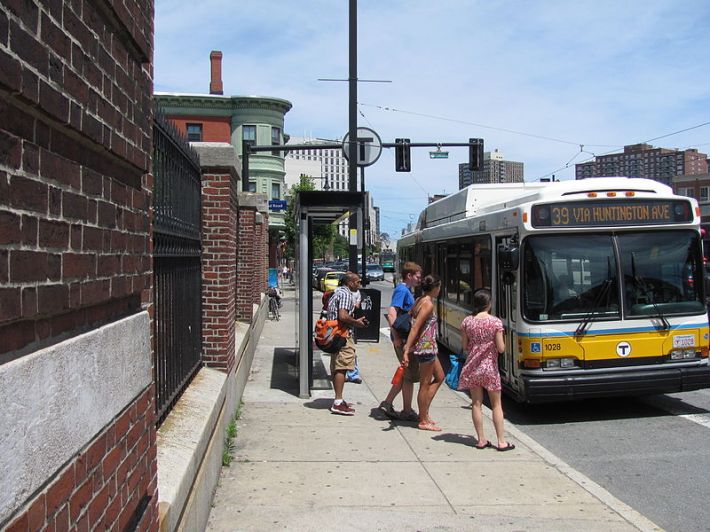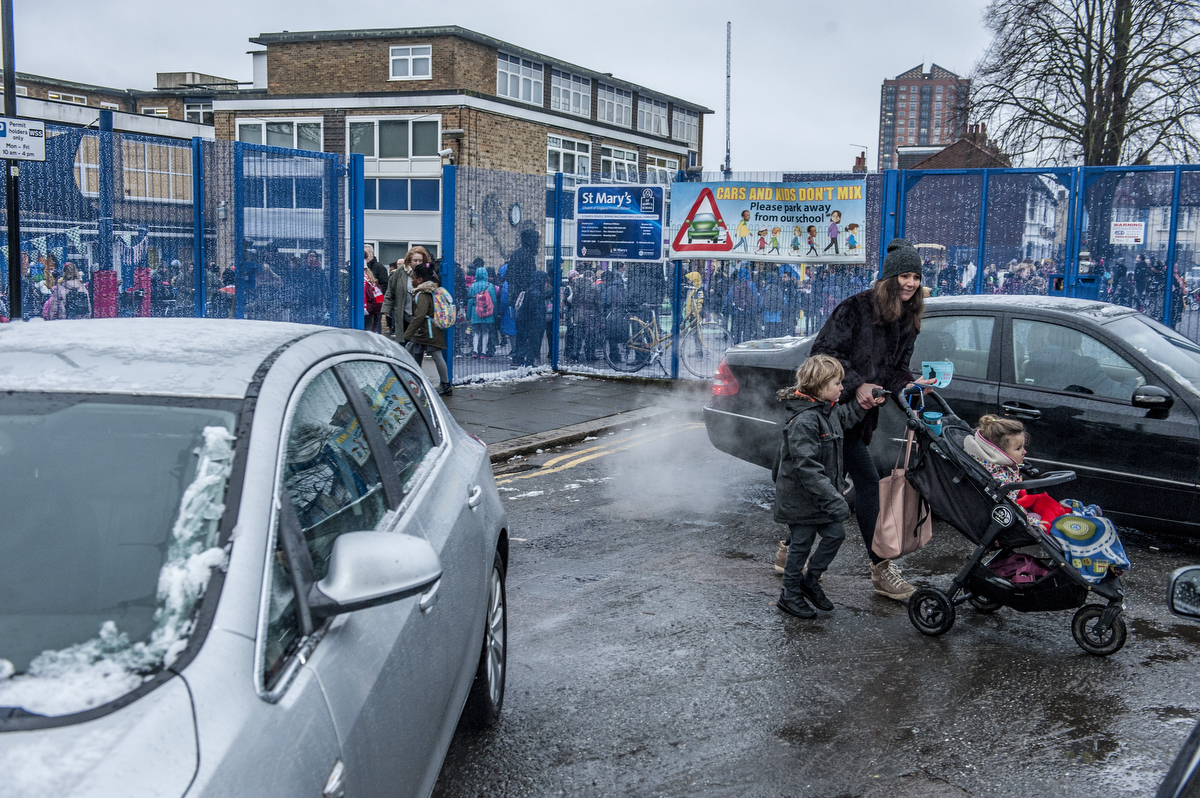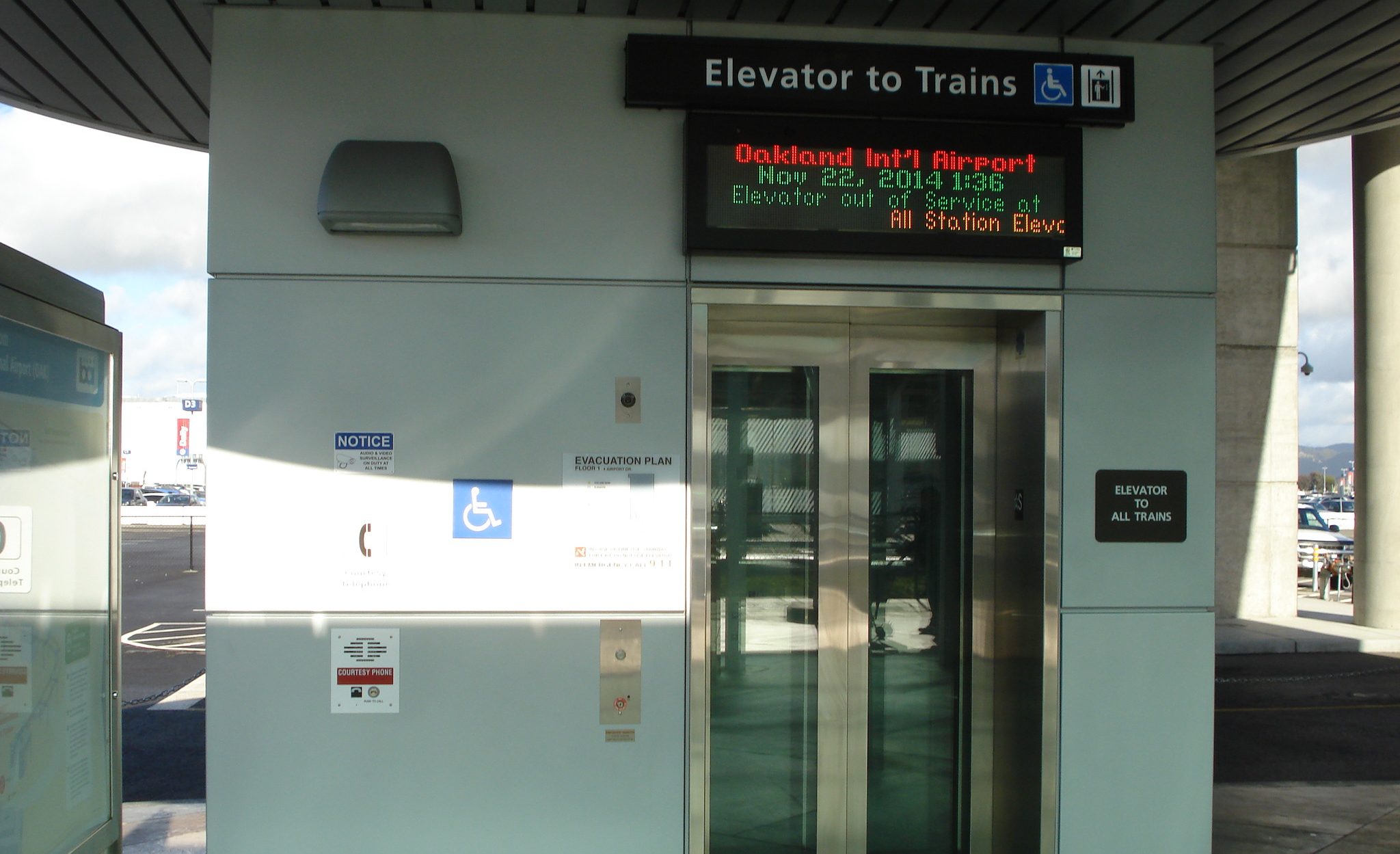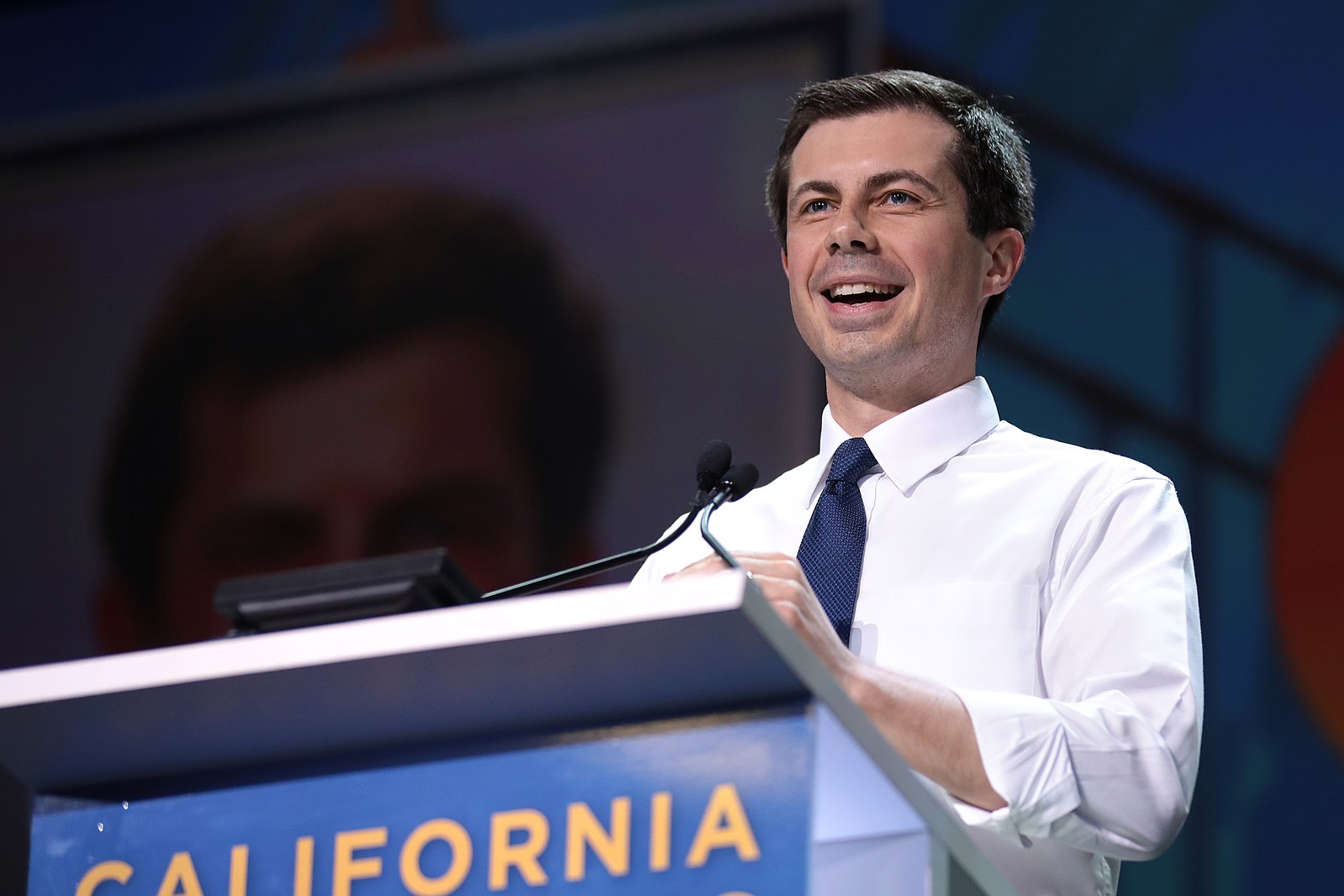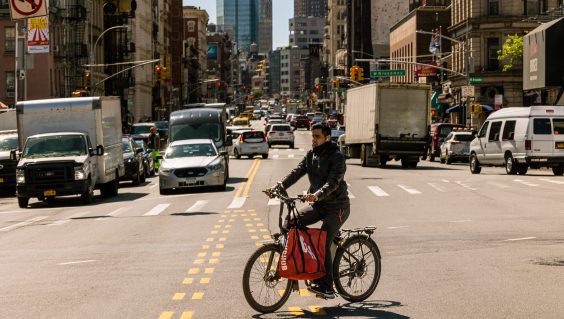Boston's MBTA has been having a tough year.
Following a disastrous winter season marked by extreme weather and service disruptions, the agency has been inundated with charges of mismanagement.
While the MBTA has its flaws, the charges against it don't stem from a good government campaign so much as an ideologically-driven assault, filled with exaggerations and lies and backed by groups affiliated with the Koch brothers. Transit advocates view the sustained effort to discredit the agency as an attempt to undermine public support for expanding the rail and bus network in the growing Boston region.
The charges against the MBTA stem from a few interconnected sources. Fitting a pattern that Streetsblog reported on last year, a Koch-funded "think tank" has sown misinformation about the agency, which has then been picked up by politicians with Koch ties. In June, conservative groups won a major victory, passing a law that opened the door to privatizing some parts of the MBTA.
Leading the attack is the Pioneer Institute, which has published multiple reports filled with misleading claims about MBTA spending. (The Charles Koch Institute lists the Pioneer Institute as a "partner institution.") Piling on recently was Governor Charlie Baker, a co-founder of the Pioneer Institute. Baker ordered a report on the MBTA in the wake of last winter's fiasco.
Any legitimate watchdogging of the MBTA has been buried underneath a pile of exaggerations and misleading claims originating from Pioneer and its allies. Let's examine a few of them:
The Claim: The Pioneer Institute reported that the MBTA outspent all its peers on capital projects, claiming it was "the fastest growing major transit agency" in the country, which Baker then repeated.
The Facts: An analysis by the Frontier Group compared MBTA growth in three categories -- miles added to system, total service hours, and total service measured in passenger miles -- to the 45 largest U.S. transit systems. By those measures, MBTA is far from the fastest-growing agency.
The Claim: Baker's report found workers missed an average of 57 days per year and calculated the absenteeism rate at 11 to 12 percent. The report said that rate was twice that of "peer agencies."
The Facts: The report authors neglected to mention that the "57 days" included vacation days and other types of scheduled leave. Workers miss an average of 22 unscheduled days per year, for an absenteeism rate of 8.6 percent. But even if you include the scheduled absences, the Globe pointed out, that still amounts to 9.9 percent, not the 11 to 12 percent claimed by the Baker report. That rate is more in line with comparable agencies.
The Claim: The governor's report found the agency had failed to spend $2.2 billion in federal funds.
The Facts: A good chunk of that money -- "hundreds of millions" -- has yet to be spent but will be, because it's obligated to projects like the Green Line extension.
The Claim: The MBTA will be fine if it cuts costs and doesn't receive additional revenue. The Pioneer/Baker campaign appears to be aimed at squelching attempts to increase funding for the MBTA. James Aloisi, former transportation secretary for the state, wrote in Commonwealth Magazine that Governor Baker was using his report as a "trial balloon" for squeezing efficiencies out of the agency without increasing revenues.
The Facts: While efficiencies at the MBTA can and should be found, it's also impossible to address the agency's problems without tackling its funding shortfall. Even the Baker administration has estimated the system needs $6 billion in investment just to reach a state of good repair -- and that's not including any expansion.
As the Boston region grows, the transit system will have to grow too, even as the MBTA fixes its core infrastructure. As Tony Dutzik wrote recently at the Frontier Group, without expanding its transit system, Boston risks falling behind its peers: "Boston, like many cities across the United States, has emerging 21st century transit needs -- needs that are not being served and cannot be fully served by our existing infrastructure, no matter how well it is run."
